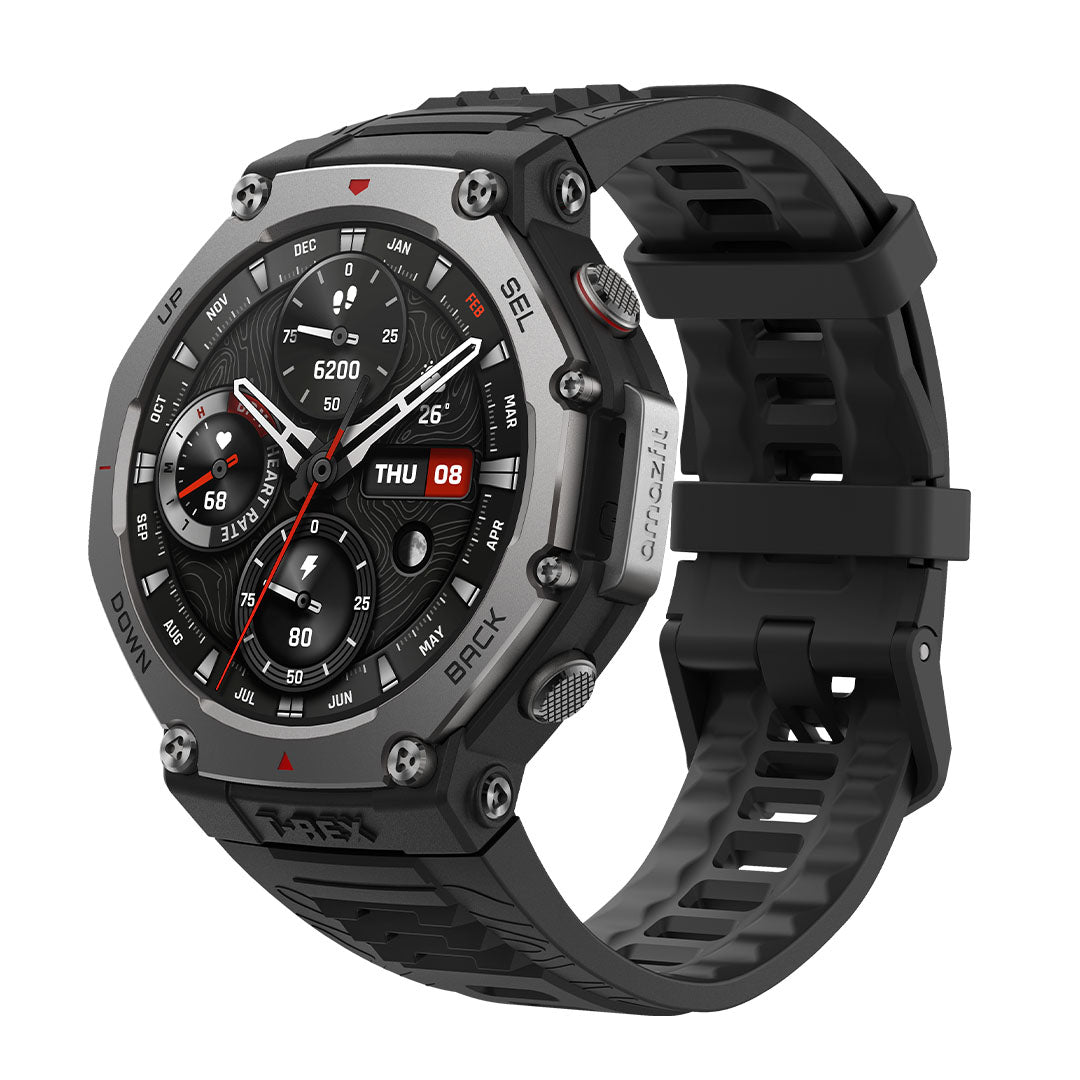fellerr
Lil-Rokslider
- Joined
- Nov 21, 2020
- Messages
- 217
Anyone use a smart watch for heart monitoring purposes? Have had some intermittent heart issues. Checked out with the doc and everything checked out fine. He mentioned some people wearing apple watches to monitor their heart rate and rhythm. Heart issues and afib run rampant in my family, so thought it might not be a bad idea to try it to monitor. Did a little googling and sounds like they are fairly accurate, but thought someone might have first hand knowledge about it here!


